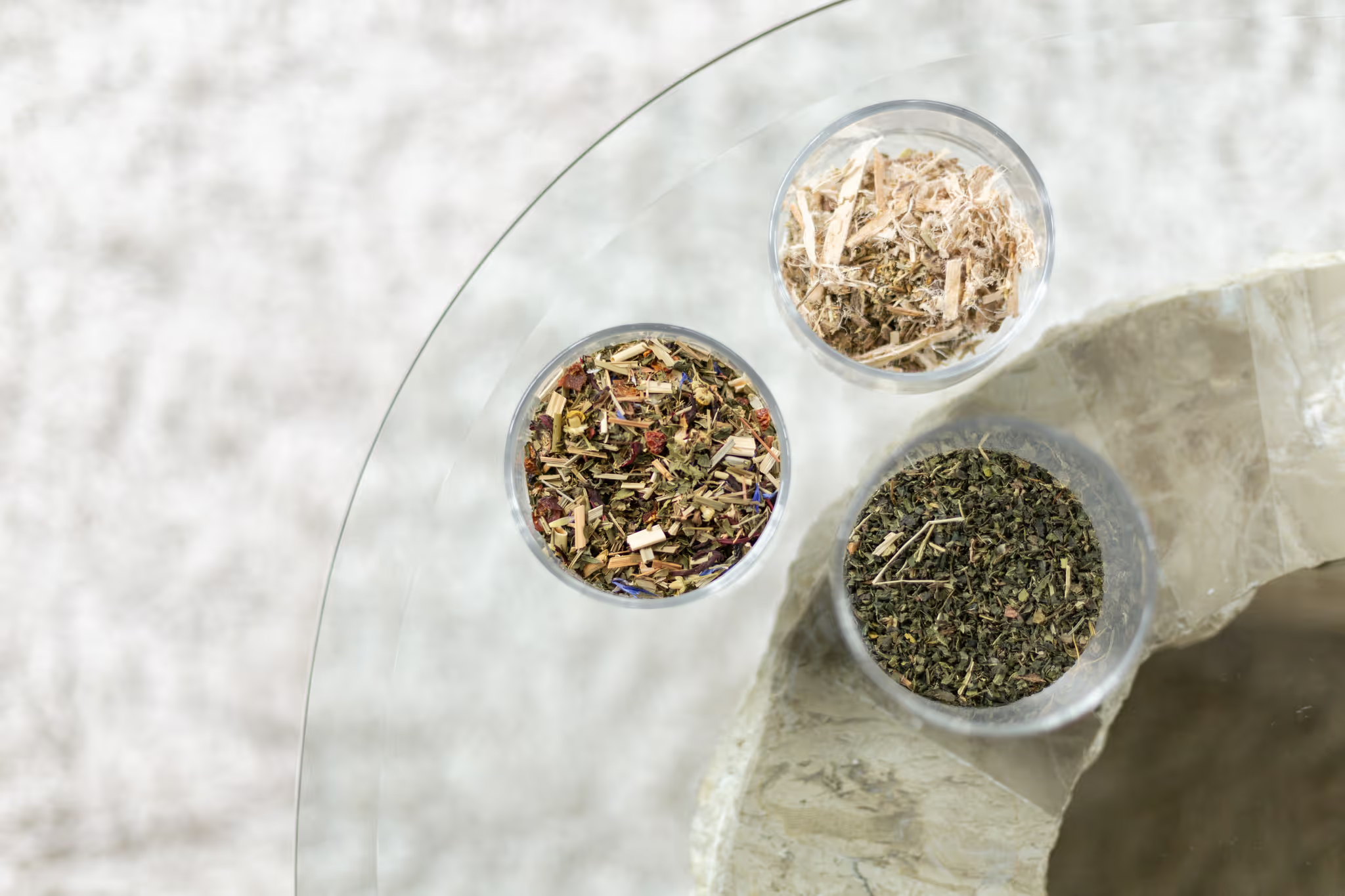If I had to name one supplement that I get asked about the most as a naturopathic doctor, it’s berberine! You might’ve seen it popping up lately as a so-called “natural Ozempic” or a trendy weight-loss herb. But berberine’s benefits go far beyond blood sugar control, and it's been a trusted tool in my clinic long before it became a trendy social media craze.
Let’s break it down.
What is Berberine?
Berberine is a compound found in several plants, including Berberis vulgaris (barberry), Coptis chinensis (goldthread), and Oregon grape. In herbal medicine and Traditional Chinese Medicine, these plants have long been used for digestive and metabolic issues.
Modern research has confirmed what traditional medicine always knew: berberine is a powerful tool. It’s been shown to support insulin sensitivity, reduce inflammation, improve gut health, and even positively impact cholesterol levels.
Why Insulin Matters (Even If You Don’t Have Diabetes)
Insulin resistance is a sneaky driver of fatigue, stubborn weight gain, PCOS, hormonal acne, irregular cycles, and mood swings. And it’s more common than you think—even in people with “normal” blood sugar. I would say as high as 1 in 3 people I test in my clinic have signs of insulin resistance!
The problem? Standard testing often misses it.
When your doctor runs basic labs, they might check fasting glucose and hemoglobin A1c, but that doesn’t give the full picture. You can have “normal” results and still be experiencing the early stages of insulin resistance.
What I look at instead is something called HOMA-IR—a calculation based on your fasting glucose and fasting insulin levels. It’s a simple and cost-effective blood test, and it’s one of the most useful markers I use when patients are struggling with energy, weight, or hormone symptoms that just won’t budge.
How Berberine Helps
Berberine helps your cells respond to insulin more effectively. It activates an enzyme called AMPK (think of it as your body’s metabolic master switch), which helps improve how your body uses glucose and stores fat.
Berberine has been found to significantly reduced fasting blood glucose, HbA1c, triglycerides, and insulin compared to placebo—and it had a comparable effect to metformin in people with type 2 diabetes (Yin et al., 2012).
It’s also been shown to:
• Improve HOMA-IR scores and insulin sensitivity (Zhang et al., 2008)
• Support weight loss in people with metabolic syndrome (Hu et al., 2012)
• Reduce androgen levels in PCOS, improve ovulation rates, and lower LH/FSH ratios (Wei et al., 2012)
• Lower cholesterol and triglyceride levels (Kong et al., 2004)
Gut Health Bonus
One of the coolest things about berberine? It also acts as a natural antimicrobial and can help rebalance the gut microbiome.
It’s been shown to modulate gut bacteria, increasing short-chain fatty acid producers while reducing pathogens—a big win for people with SIBO, IBS, or dysbiosis.
This dual action—on both insulin and gut health—is part of what makes it such a clinic favourite.
Final Thoughts
Berberine isn’t for everyone, and it is one of those supplements that works best when it’s part of a bigger plan—not a quick fix.
If you’re feeling stuck with fatigue, weight, skin issues, or hormonal symptoms—and blood work keeps coming back “normal”—your insulin might be worth a second look.
Berberine isn’t magic. But it is a powerful tool when used thoughtfully and strategically, especially alongside diet, movement, and nervous system support.
Want to know if it’s right for you? Book a free call or bring your latest bloodwork—we’ll dig into what your numbers are actually telling us!
Disclaimer: Any information is for informational purposes only and is not intended to be used in place of professional medical advice. Always seek the advice of a qualified health care practitioner with any questions or health concerns you may have and before starting any new treatments (including supplements).



